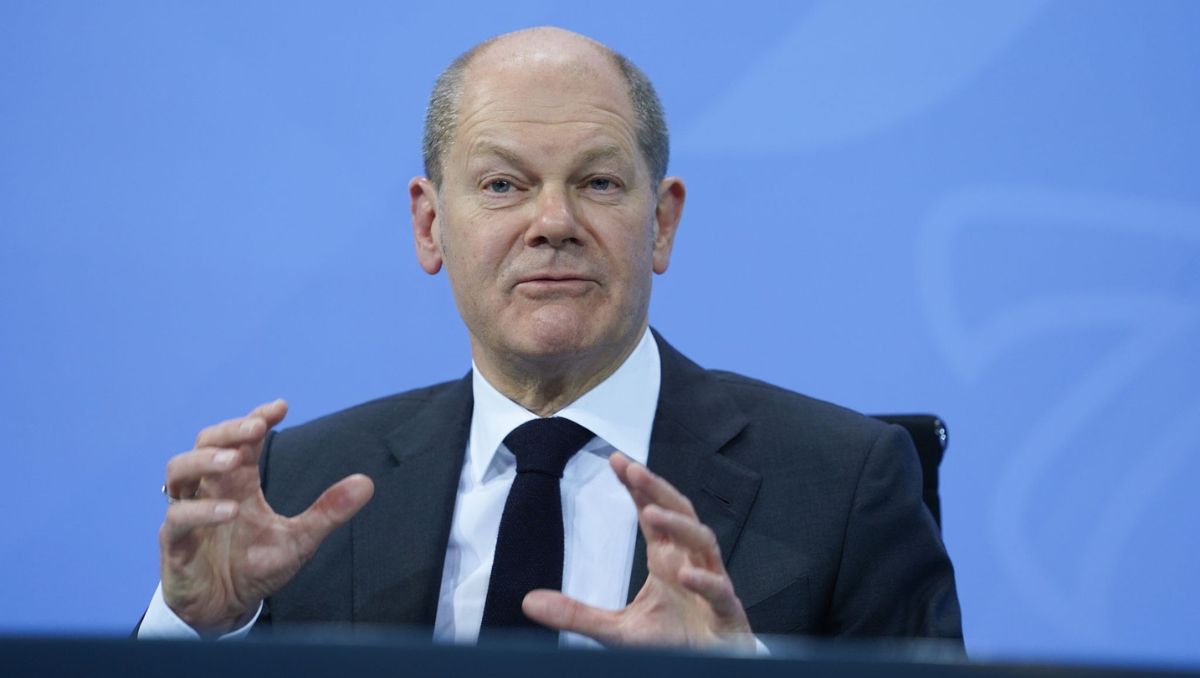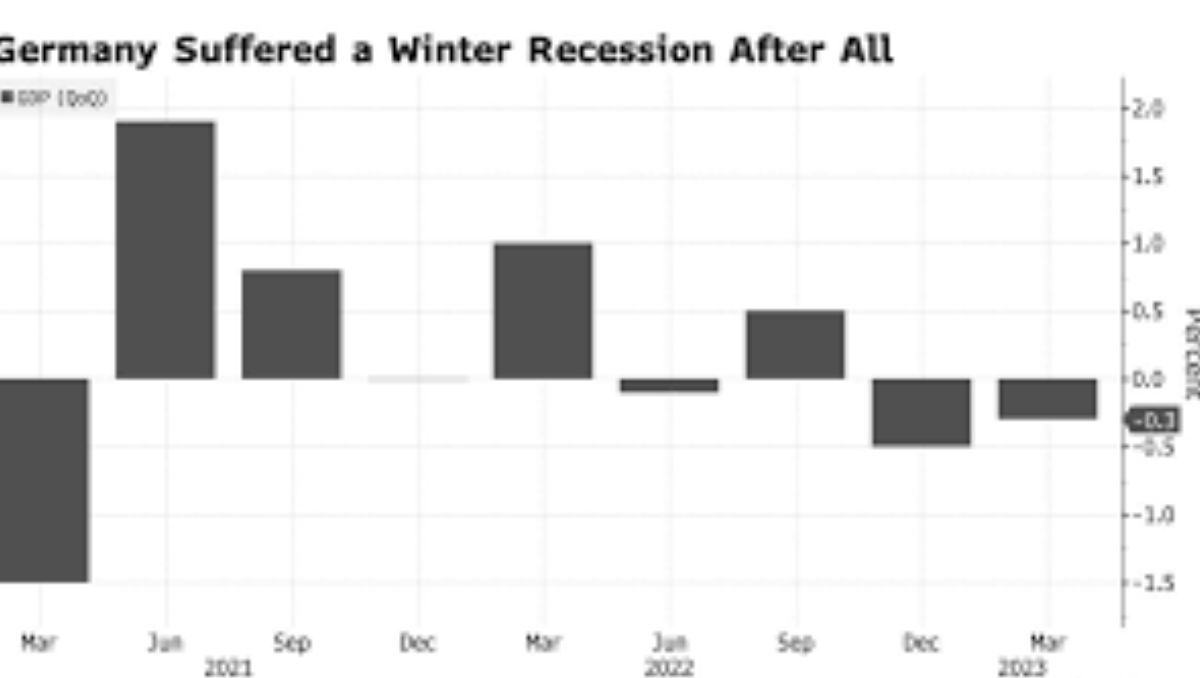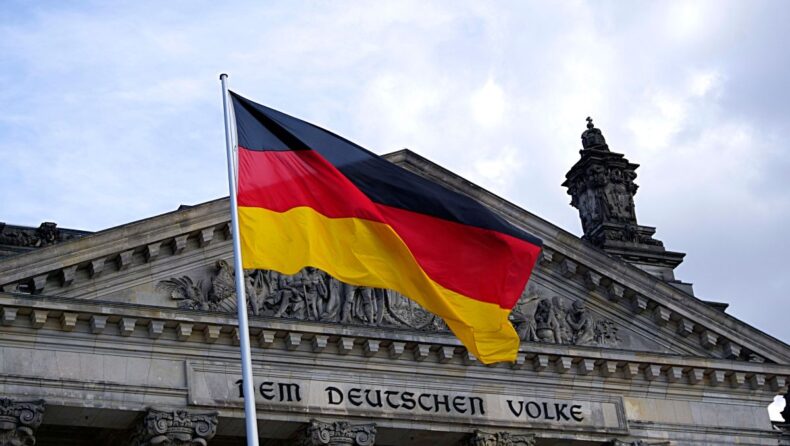Germany continues to shrink in its second quarter, Europe’s largest and the world’s fourth-largest economy.

Image Source: wirestock
The Federal Statistical Office registered on 25th May that in the first quarter of 2024, from January to March, Germany’s GDP (Gross Domestic Product) contracted by 0.3%, following the contraction in the last quarter of 2022 by 0.5%. This economic condition defines a technical recession in the country.
Recently, Germany encountered escalated energy prices as a consequence of the Russia-Ukraine war, which proved to be burdensome for general people and businesses. Although, Olaf Scholz, Chancellor of Germany, has earlier announced in a press conference that the country’s probability of growth is excellent, pointing towards the investments in the country.
The statement shocked the German government, which firmly projected a double growth for the current year in the preceding month. The economy was projected to grow by 0.4%, 0.2% higher than the growth predicted in late January. The projection may now need to be reworked.
Presently, the country’s rate of inflation is much higher than the whole of Europe’s average though less than that of the UK, which is 8.7 percent.
Economic conditions which led to inflation in Germany
The data released by the Federal Statistical Office proclaimed that household expenditures were reduced in the first quarter, alongside total consumption spending declined by 1.2 percent throughout the period. Consequently, leading to weaker commercial viability, impacted by the increasing price of energy on businesses.
Therefore, the continuously increasing prices were creating a persistent burden on Germany’s economy at the start of the year itself.
Germany is witnessing a recession because of the GDP decline in the second consecutive quarter. This recent phenomenon rose on the account of increased inflation and high-interest rates over the country. The rates are forecasted to escalate in the ECB’s (European Central Bank) upcoming meeting on June 15th. The rates have been raised by 375 basis points since July by the central bank.

Image Source: Pool/Getty Images
IMF Predictions: Germany-UK
IMF predicted Germany to be the worst performer this year economically after updating the forecast about the UK.
The IMF said in a revision to its World Economic Outlook that it now anticipated that the German GDP would contract by 0.3% in 2024. Previously, the IMF had predicted that the country would increase by 0.8%. Germany, the biggest economy in Europe, depends significantly on Russian gas, which Moscow has allegedly stopped providing in retribution for Western sanctions.
The UK economy will expand more quickly than Germany’s this year and avoid going into recession, according to the International Monetary Fund, which substantially upgraded its projection as a result of robust consumer spending and improved ties with the EU. Britain’s economy would grow by 0.4% this year as a result of declining energy prices, the IMF predicted on Tuesday in its routine assessment of the UK economy.

Image Source: Bloomberg.com
Less grim than expected?
Germany, which depends significantly on Russian energy, found it difficult to find alternatives as the sanctions imposed by the West in response to Russia’s invasion of Ukraine in February 2022 continued to harm its economy. The worst-case scenarios, such as petrol scarcity, which would have devastated the economy, did not materialize in Germany due to a mild winter.
The COVID-19 epidemic at the beginning of 2020 forced governments to essentially shut down entire areas of the economy, which led to Germany’s most recent recession.













